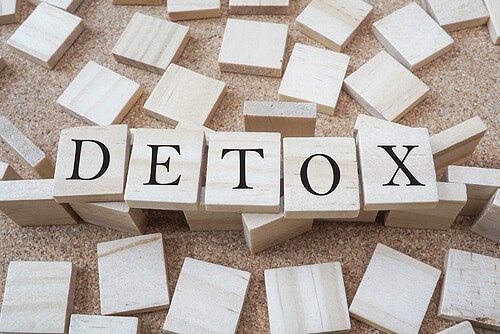How the body reacts when detoxing is different for everyone. Some people have an easier time than others going through detoxification, while others will need supervision.
Sub-acute is a medical term that refers to the in-depth medical care that is instrumental in helping someone transition from a hospital setting into recovery. A need for sub-acute detox means that someone with an addiction may have had intense withdrawal symptoms in the past or is considered to have heavy drug and alcohol use. These patients should be monitored in a safe and controlled environment to safeguard the best results. Detox placement will help to comfortably transition from detoxification into sobriety while trying to avoid serious complications from withdrawal altogether. This can be determined by pondering the person’s drug of choice, the amount of time that they abused drugs, and the person’s overall health. Sub-acute merely means that the person needs help to detox even though their symptoms are not enough to be considered acute.
The sub-acute detoxification process starts with urine and blood tests to figure out the amount of substances that are contained in the body. Once the results come back a pattern can be established along with some questioning on how the patient used and drank. This analysis can be an indication of the patient’s usage during their addiction to not only help with detoxification, but to get a plan of action to help the patient successfully stay sober going forward. There are people that detox off drugs and alcohol at home that tend to not have a good chance of staying sober because of the difficulty that they face doing it alone. Those patients that have a sub-acute medical detoxification have statistically been shown to have a greater possibility of long-term sobriety. In recent years, a statistic of 1.5 million residential treatment patients that were discharged had a 67 percent success rate. Even though detoxification may be different for everyone, finding the best treatment for each individual is crucial their ongoing recovery.
Having additional support beyond the detox process will be conducive in keeping someone on the right track of sobriety. Getting personalized help can make the difference after detoxing off drugs and alcohol to stand the course of one day at a time.








